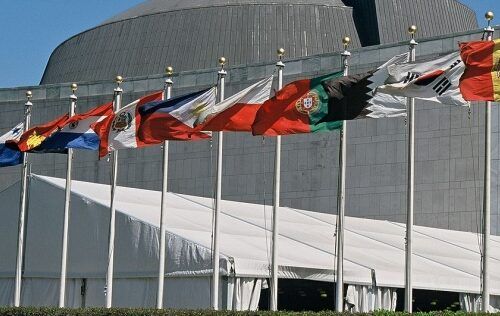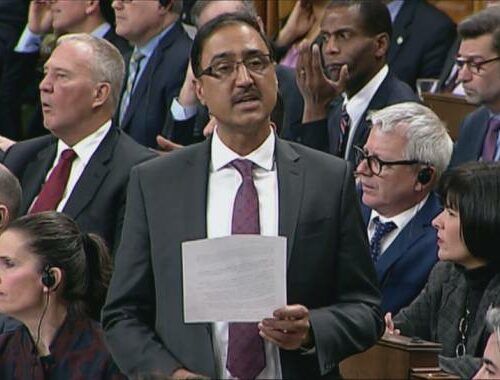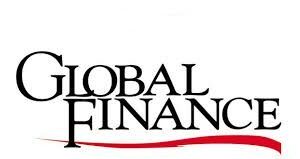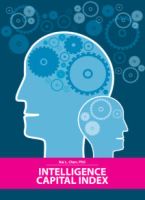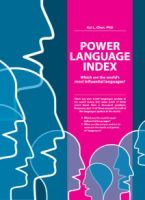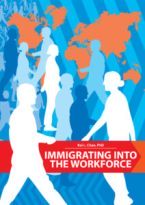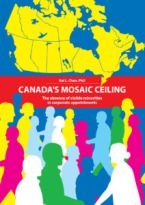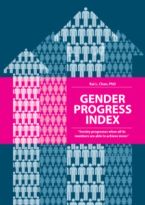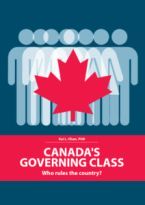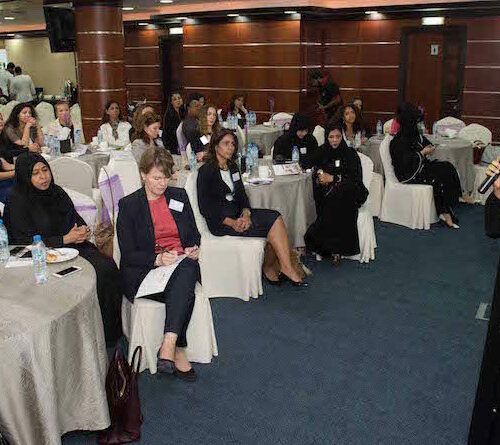
Index captures gender issues on multiple dimensions Middle East 08 March 2017 INSEAD, one of the world’s leading business schools, has launched the Gender Progress Index that takes a holistic view towards gender issues. The findings of the Index were discussed at a half day seminar marking International Women’s Day titled ‘Inspire, Impact, Empower’, at the INSEAD Middle East Campus in Abu Dhabi. The Index was presented by Dr. Kai L. Chan, Distinguished Fellow, Innovation & Policy Initiative, INSEAD. The seminar featured several women leaders in the Middle East who have made a significant contribution to the region and society, including Khawla Al Serkal, Director General, Sharjah Ladies Club; Helen Al Uzaizi, Chief Executive Officer, BizWorld UAE, Leena Khalil Co-Founder Mumzworld.com; Hanan Darwish, Cluster President, Gulf and Pakistan, Schneider Electric; Sara Mohamed, Managing Partner, Executive-Women; Dunia Othman, Co-Founder and Chief Marketing Officer, mrUsta . Miguel Sousa Lobo, Associate Professor of Decision Sciences, Director of the Middle East Campus, INSEAD delivered the welcome note. He said:”It is important to understand the complexity around gender roles in a globalized world in order to develop different strategies to minimize gender gaps that differ across cultures and across domains – economic, health, legal, and…

 Index captures gender issues on multiple dimensions Middle East 08 March 2017 INSEAD, one of the world’s leading business schools, has launched the Gender Progress Index that takes a holistic view towards gender issues. The findings of the Index were discussed at a half day seminar marking International Women’s Day titled ‘Inspire, Impact, Empower’, at the INSEAD Middle East Campus in Abu Dhabi. The Index was presented by Dr. Kai L. Chan, Distinguished Fellow, Innovation & Policy Initiative, INSEAD. The seminar featured several women leaders in the Middle East who have made a significant contribution to the region and society, including Khawla Al Serkal, Director General, Sharjah Ladies Club; Helen Al Uzaizi, Chief Executive Officer, BizWorld UAE, Leena Khalil Co-Founder Mumzworld.com; Hanan Darwish, Cluster President, Gulf and Pakistan, Schneider Electric; Sara Mohamed, Managing Partner, Executive-Women; Dunia Othman, Co-Founder and Chief Marketing Officer, mrUsta . Miguel Sousa Lobo, Associate Professor of Decision Sciences, Director of the Middle East Campus, INSEAD delivered the welcome note. He said:”It is important to understand the complexity around gender roles in a globalized world in order to develop different strategies to minimize gender gaps that differ across cultures and across domains – economic, health, legal, and…
Index captures gender issues on multiple dimensions Middle East 08 March 2017 INSEAD, one of the world’s leading business schools, has launched the Gender Progress Index that takes a holistic view towards gender issues. The findings of the Index were discussed at a half day seminar marking International Women’s Day titled ‘Inspire, Impact, Empower’, at the INSEAD Middle East Campus in Abu Dhabi. The Index was presented by Dr. Kai L. Chan, Distinguished Fellow, Innovation & Policy Initiative, INSEAD. The seminar featured several women leaders in the Middle East who have made a significant contribution to the region and society, including Khawla Al Serkal, Director General, Sharjah Ladies Club; Helen Al Uzaizi, Chief Executive Officer, BizWorld UAE, Leena Khalil Co-Founder Mumzworld.com; Hanan Darwish, Cluster President, Gulf and Pakistan, Schneider Electric; Sara Mohamed, Managing Partner, Executive-Women; Dunia Othman, Co-Founder and Chief Marketing Officer, mrUsta . Miguel Sousa Lobo, Associate Professor of Decision Sciences, Director of the Middle East Campus, INSEAD delivered the welcome note. He said:”It is important to understand the complexity around gender roles in a globalized world in order to develop different strategies to minimize gender gaps that differ across cultures and across domains – economic, health, legal, and… 
